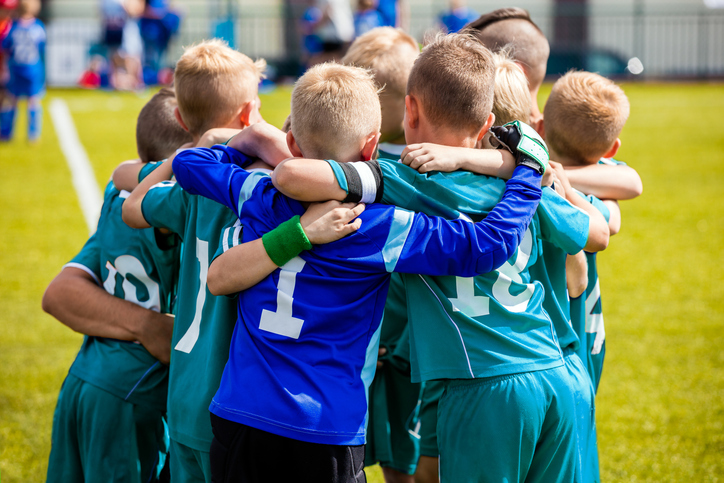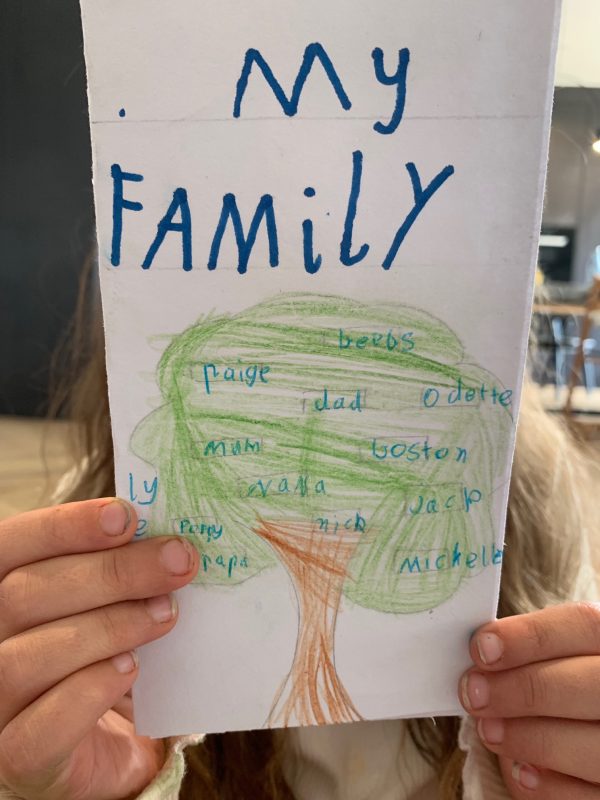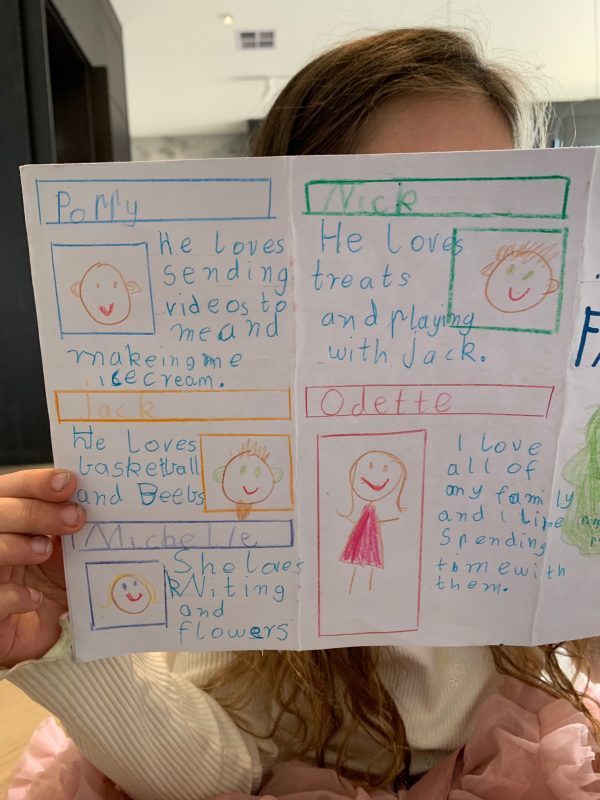 When people think of domestic and family violence, they often think of how much it hurts the adult victim. It’s true that domestic and family violence is most often violent, abusive or intimidating behaviour. But what you may not realise is that children also experience domestic violence and this affects their physical and emotional health and wellbeing. Growing up in a family where there is a perpetrator of Domestic Violence can cause serious long term mental health issues for the children of that home.
When people think of domestic and family violence, they often think of how much it hurts the adult victim. It’s true that domestic and family violence is most often violent, abusive or intimidating behaviour. But what you may not realise is that children also experience domestic violence and this affects their physical and emotional health and wellbeing. Growing up in a family where there is a perpetrator of Domestic Violence can cause serious long term mental health issues for the children of that home.
At Lifeline, Crisis Support Workers often talk to people who call up with anxiety, they are homeless, have been seeing a psychiatrist for their whole adult life, drug and have alcohol or drug addiction or both, depression, self harm, thoughts of suicide and social behavioural problems just to name a few!
Their life has been and is in crisis and there always seems to be a common threat to their background – they have grown up inside a home with Domestic Violence &/or Coercive Control towards a parent or even towards them.
Lets look at the Lies and the Truths about Domestic Family Violence…
LIES
- It doesn’t effect the kids
- The children will forget about it
- The children are too young to understand what’s going on
- Kids effected by DFV will always bounce back and get over it
- Talking to kids about it will not help
- Talking to kids about it will only confuse them
- The perpetrator is good to the kids so they’ll be ok
- So long as the children are not hit they’ll be ok
- It won’t affect their education and development
- It’ll teach the kids to be strong and tough
- Life’s alway good when you are a kid
- It’s part of our culture
- It’s normal and acceptable
- The violence is a way to show love
TRUTHS
- It happens in all communities and at all levels of society
- It can seriously harm children physically and emotionally
- It can impact on babies and infants
- Kids are affected even if they don’t see the violence
- It prevents kids from feel safe
- It can interfere with a Childs developments and education
- It can affect a Childs relationship with other people
- It can give kids nightmares, headaches, stomach pains and regular sickness
- It damages a Childs self-esteem and confidence
- Children often believe its their fault
- It can lead to substance abuse in young people
- Children can mirror that behaviour in their adult life
- Talking about the problems with kids can help them
- Effects on a child are reversible with the right help and support
- There are services that can help children and families
Some useful Links
- Child Abuse Prevention Services
- The National Association for Prevention of Child Abuse and Neglect
- 1800RESPECT
- No To Violence
- Kids Helpline
- Lifeline
- SafeSteps

 30 years ago it was common place in a heterosexual relationship for the female to do all the housework, cooking and parenting of the children. The male was responsible for earning money and mowing the lawns.
30 years ago it was common place in a heterosexual relationship for the female to do all the housework, cooking and parenting of the children. The male was responsible for earning money and mowing the lawns. When I was a single dad and sharing responsibility of my daughter 50/50, I experienced first hand everything required to run a functional home. I combined work and nurtured all the needs of my child all at the same time, it’s not easy but the benefits out-way the hard work. It’s constant, often starting as soon as the kids open their eyes (and sometimes before).
When I was a single dad and sharing responsibility of my daughter 50/50, I experienced first hand everything required to run a functional home. I combined work and nurtured all the needs of my child all at the same time, it’s not easy but the benefits out-way the hard work. It’s constant, often starting as soon as the kids open their eyes (and sometimes before). Having a partner and sharing the household jobs and parenting is much easier than having to do it all by yourself. Don’t make your partner feel like a single parent. Be an ‘All In’ dad and make life great for all of you. The rewards are fantastic and you will have a much happier relationship and family life will be more relaxing.
Having a partner and sharing the household jobs and parenting is much easier than having to do it all by yourself. Don’t make your partner feel like a single parent. Be an ‘All In’ dad and make life great for all of you. The rewards are fantastic and you will have a much happier relationship and family life will be more relaxing.


























Dinner conversations with Dad
Remember all families have been through good and bad times. There were many years before you were born that your Dad had a life probably very different to the life we all have today. Find out, you might be pleasantly suprised.
Experience, Knowledge and History
Through it all there is a wealth of experience, knowledge and history that can be explored with pre-thought crafted questions to get the conversation started. Good questions can be fun and they can also help create bonds and show that there is something larger that themselves.
Below are questions that could be written/printed onto cards and taken to your next family dinner, or even on your next zoom call if you don’t catch up for dinners? Its a good idea to pre-warn your dad so that they can weave their answers to demonstrate that they have travelled a road that has had pebbles and rocks but in the end it worked out through good decision making to show the younger generation listening that you have resilience and come through it well or at least ok.
Table Questions:
Making dinner party memories is easier than you thought, try some more questions here: 40 more dinner table questions
If you’re still lucky enough to have your Grandfather or Grandmother in your life, the answers to their question may be very different to those of your Dads.
Why don’t you write them out onto cards and bring them along to your next dinner and learn a little more about your dad or grandad? Share your experience below, we would love to hear how it went. Did you learn something you never knew? Something insightful or suprising?